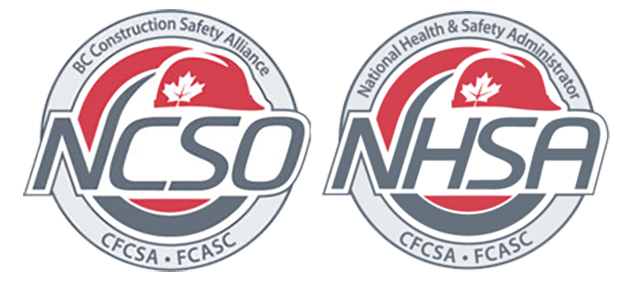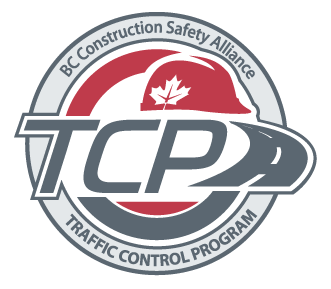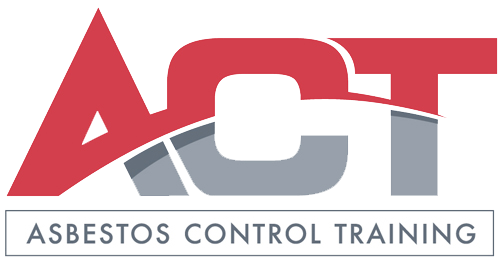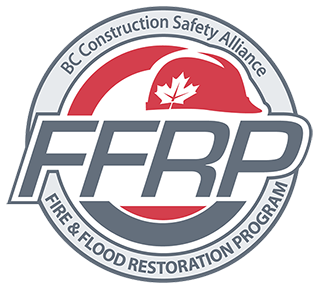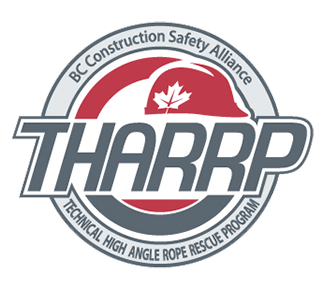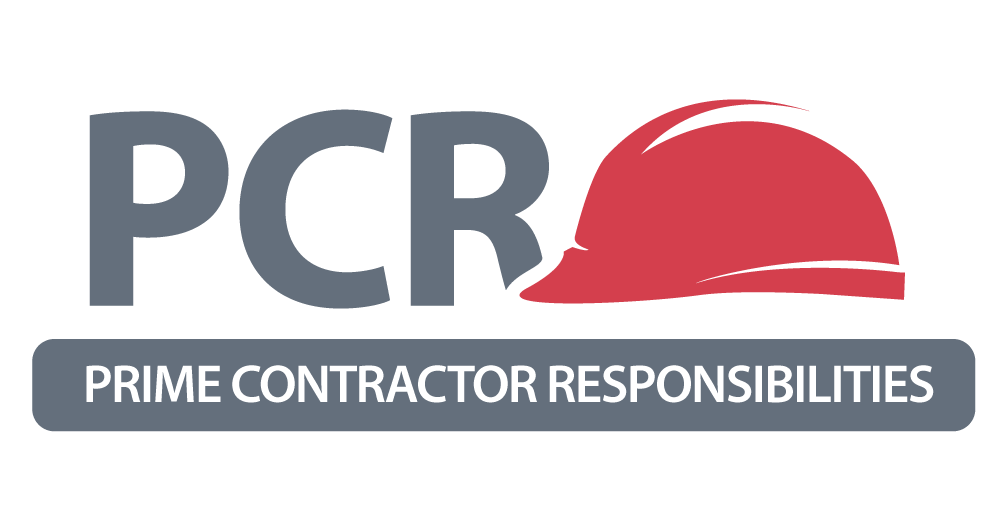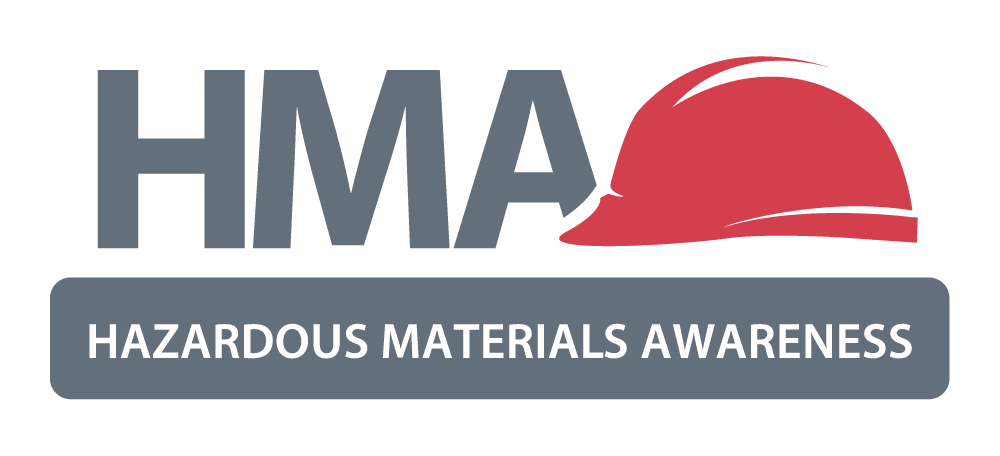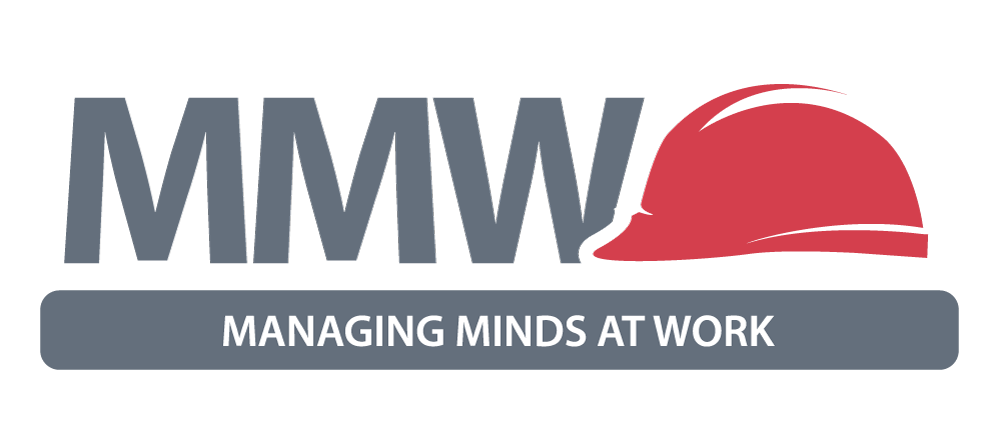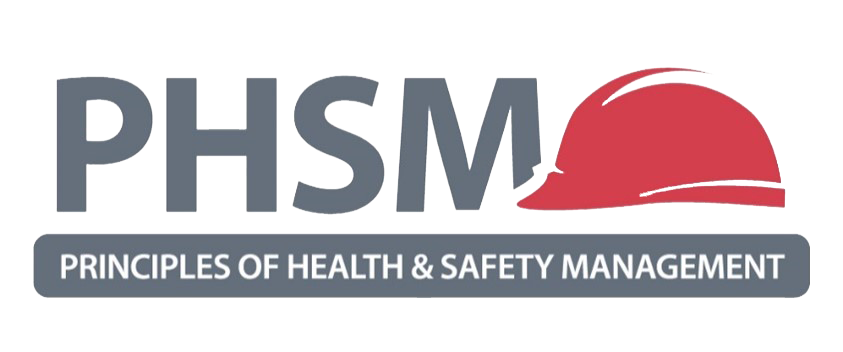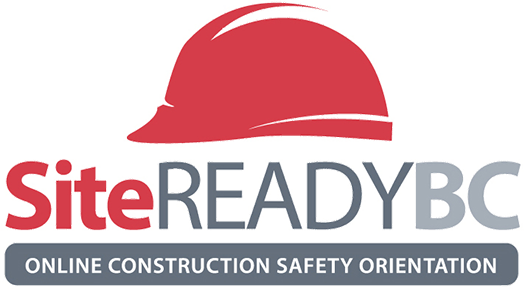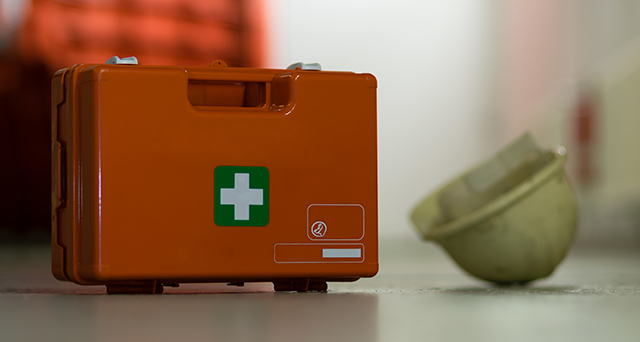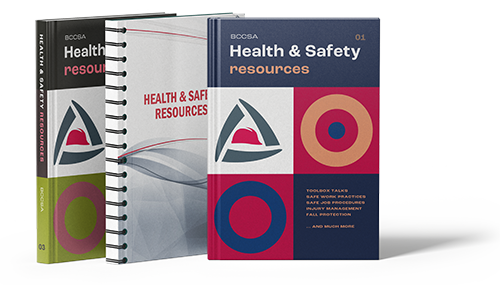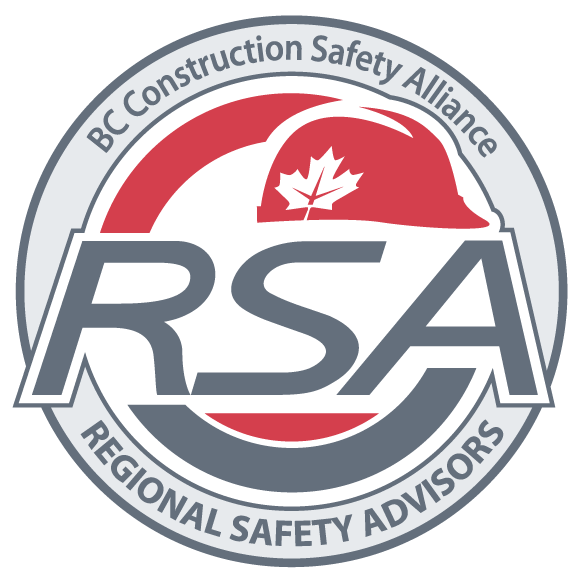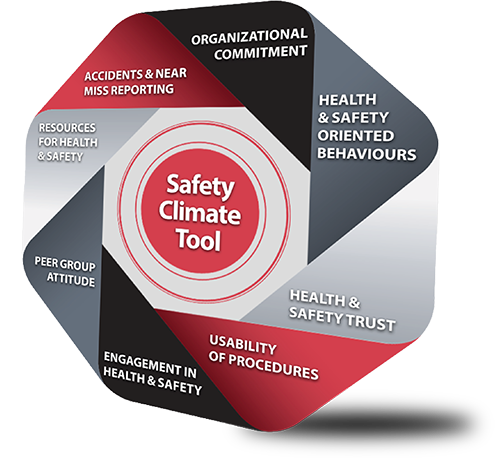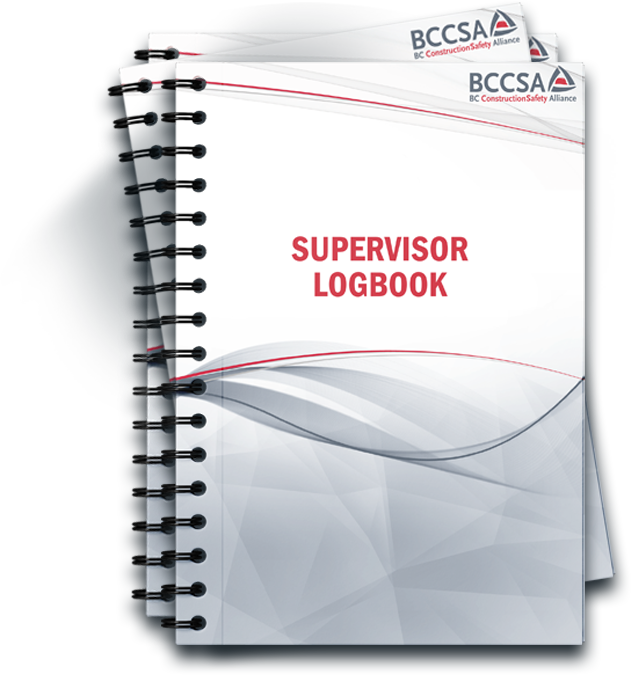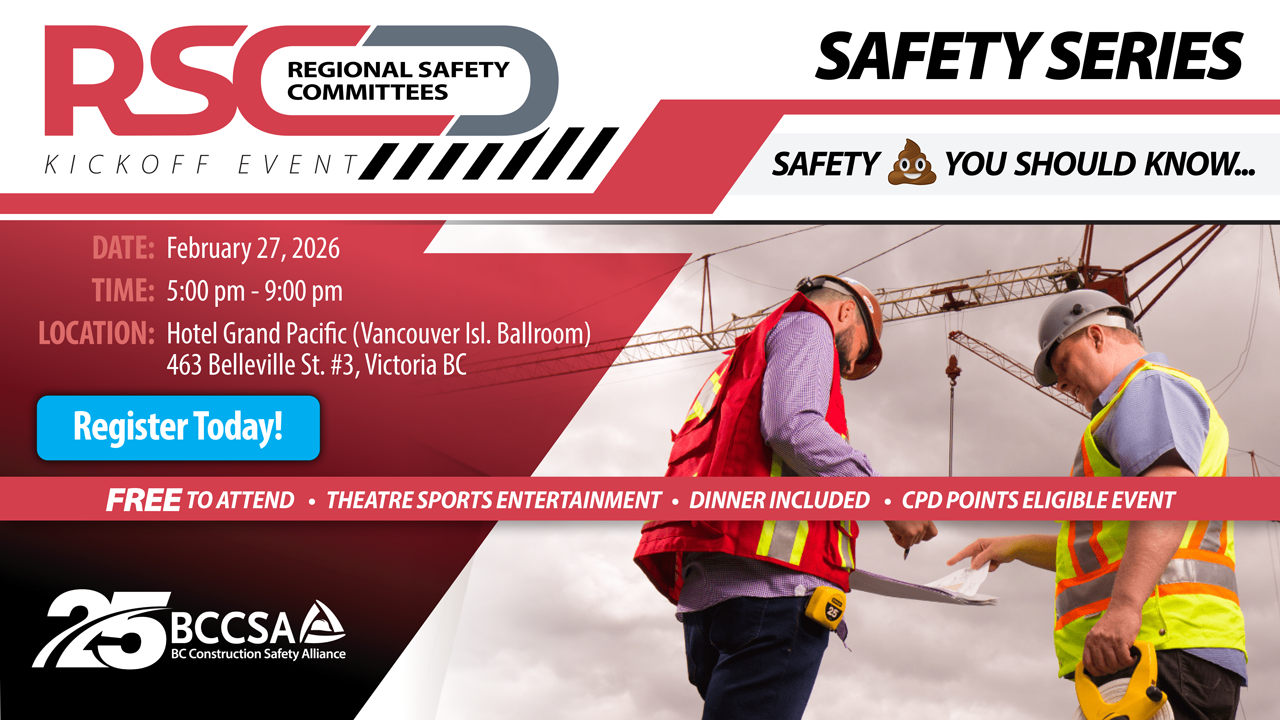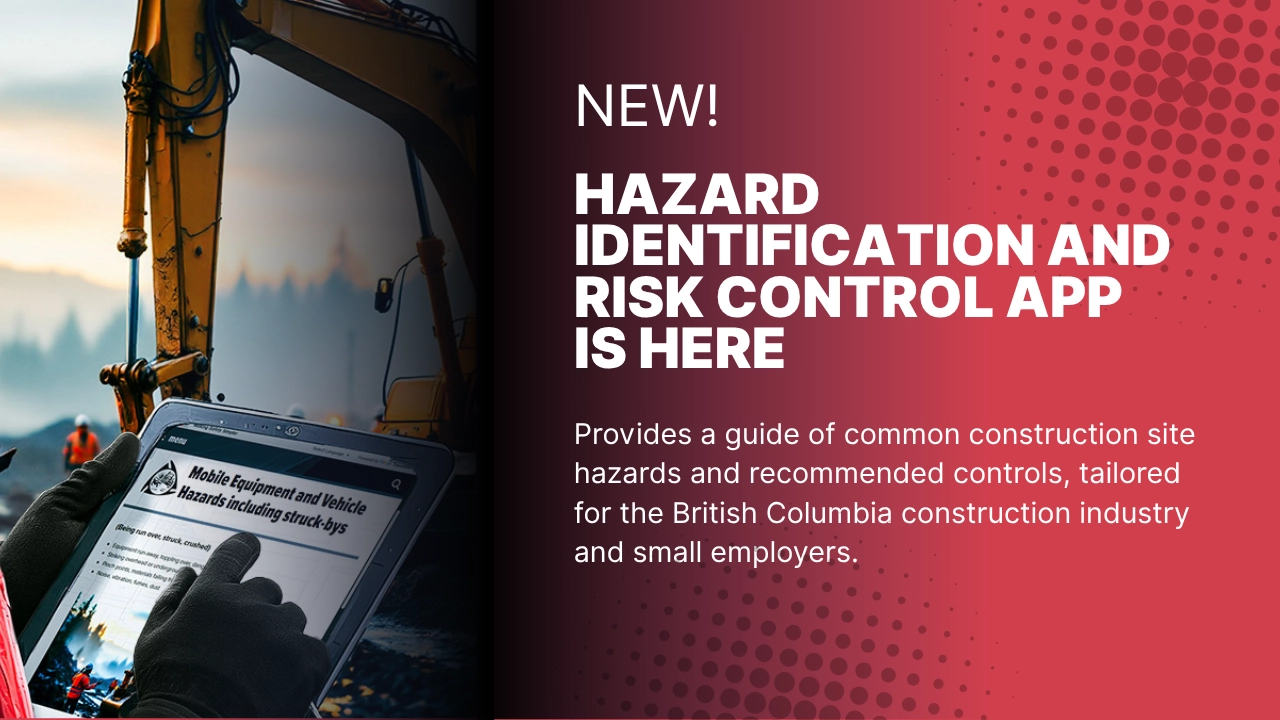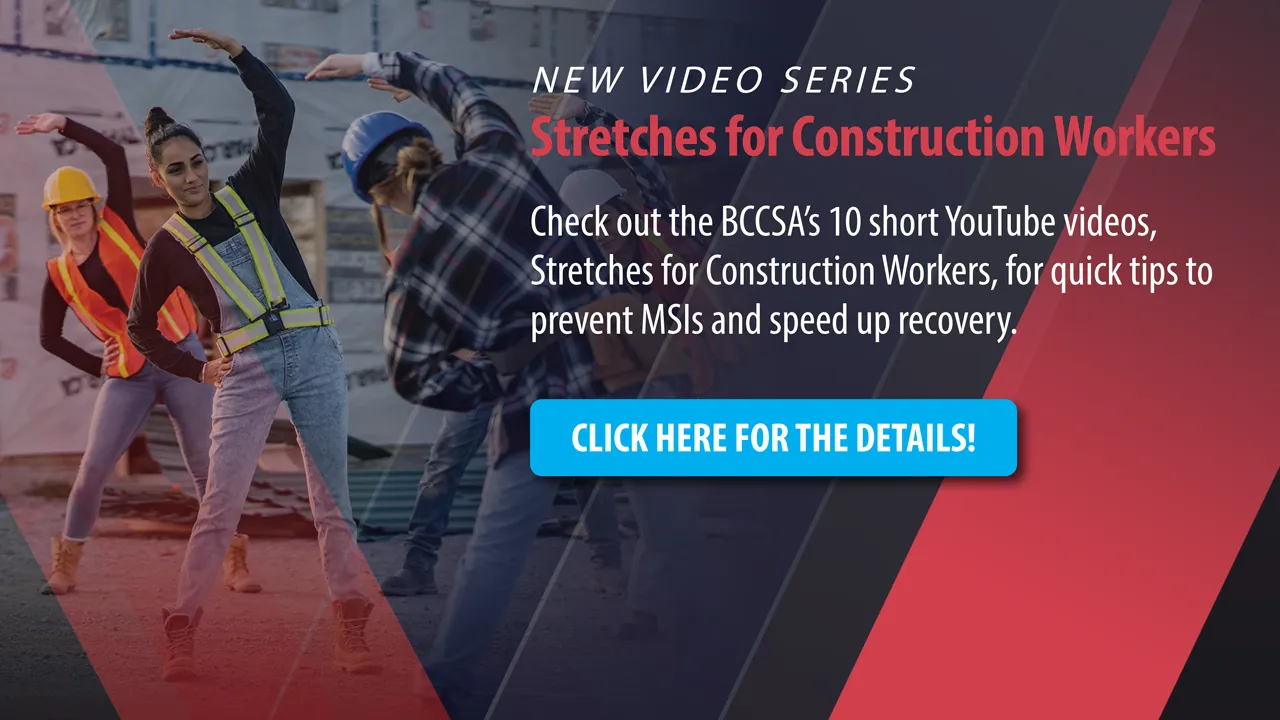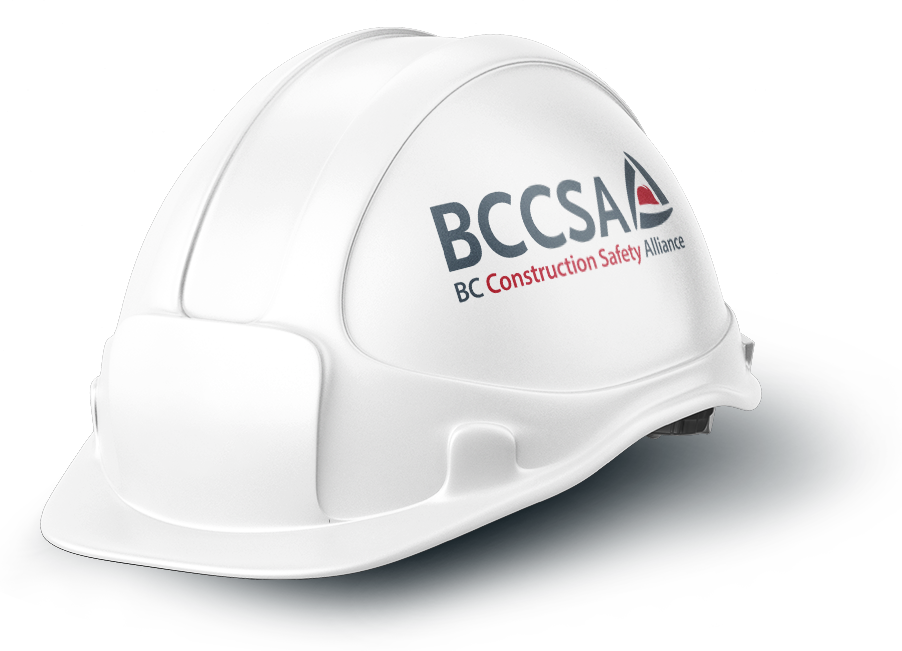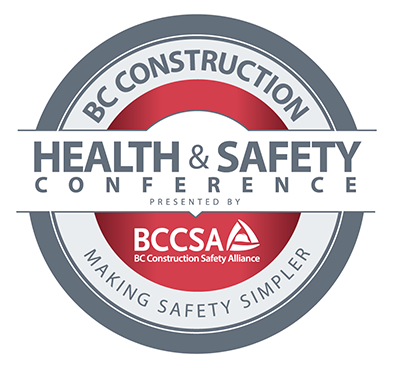New & Popular
News & Updates

2026 BC Construction
Health & Safety
Conference
Coquitlam, BC

Making Safety Simpler
Funded by industry and working for industry, the BCCSA is a not-for-profit organization serving construction sector 72, plus Aggregate CU 704008, and Ready-Mixed CU 712033. We provide 52,000 employers with the best in safety programs, safety training, consultation services and resources to help them improve safety for more than 220,000 workers in BC.
How can we help you?
- Phone: (604) 636-3675
- Toll Free: 1 (877) 860-3675
- E-mail: info@bccsa.ca
- Fax: (604) 636-3676
- Office Hours
- Mon – Fri: 8:00am – 4:00pm
- Weekends & Holidays: Closed
- BCCSA
- #400 - 625 Agnes St.
- New Westminster, BC
- Canada V3M 5Y4
- Map & Directions
TRANSFER & CANCELLATION POLICY
Transfer/Cancellation
To transfer or cancel a registration, you must send a written confirmation to training@bccsa.ca If written notification is not received within the stated time frame, the full course fee will be charged.
- In Person: Contact the training department 7 full days in advance to cancel an in-person course.
- VILT (Zoom): Contact the training department 14 full days in advance to cancel a VILT course
The BCCSA and its venue partners reserve the right to cancel any courses due to insufficient enrollment or other causes. In this case, you will be notified by the BCCSA through phone call or email at least 5 business days prior to the course.
Website Login
Please sign in with your BCCSA account:
Reset Your Password
Please enter your e-mail address below. A password reset code will be e-mailed to you, which you'll use when creating a new password for your account.
AI Disclaimer
The BCCSA AI Assistant provides general guidance and information based on available data. It is not a substitute for professional, legal, or safety advice.
While we aim for accuracy, AI can make mistakes. Responses may not always reflect the latest information, rules & regulations, industry best practices, or site-specific conditions. Always verify critical information with official sources or a qualified expert before making decisions.
By using this AI assistant, you acknowledge that BCCSA is not responsible for any errors, omissions, or misinterpretations resulting from reliance on AI-generated responses.


